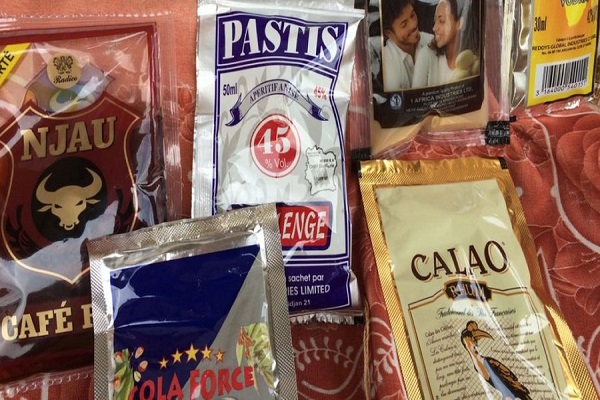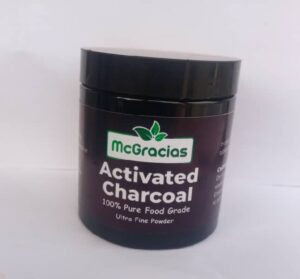Today, a storm brewed outside the Lagos office of the National Agency for Food and Drug Administration and Control (NAFDAC) as members of the Distillers and Blenders Association of Nigeria expressed their discontent over the recent ban on the production and sale of alcoholic beverages in small sachets.
The association, in a notification sent to The PUNCH on Monday, called for a peaceful protest against NAFDAC’s decision, citing concerns over the impact on their businesses.
The protest, scheduled for today (Tuesday), aims to challenge the ban imposed by NAFDAC on alcoholic drinks packaged in sachets and pet bottles.
This outcry from the distillers’ association follows the announcement by NAFDAC’s Director General, Prof Mojisola Adeyeye, who declared on Monday the commencement of enforcement actions to ban the importation, manufacture, distribution, sale, and use of alcoholic beverages packaged in sachets, PET, and glass bottles of 200ml and below.
Adeyeye emphasized the agency’s commitment to collaborate with the National Union of Road Transport Workers (NURTW) to enforce the ban effectively.
She stated, “We intend to work with the NURTW to ensure the enforcement of the banned products. We surely will work on that, and ensure that they are stopped and phased out.”
The ban, which comes after a previous decision by NAFDAC in January 2022 to halt the registration of alcoholic beverages in small sachets and bottles, stems from recommendations made by a committee comprising stakeholders from the Federal Ministry of Health, NAFDAC, the Federal Competition and Consumer Protection Commission, and industry representatives.
NAFDAC’s objective behind the ban is to safeguard public health, particularly among vulnerable groups such as underage individuals, commercial drivers, and riders.
Beyond Boders further reports that Adeyeye reiterated the health risks associated with the consumption of alcohol, especially in small sachets, citing concerns raised by the World Health Organization (WHO).
According to WHO, alcohol abuse is linked to various health conditions, including infectious diseases like tuberculosis and HIV/AIDS, as well as non-communicable diseases such as liver cirrhosis and cancer.
Additionally, harmful alcohol consumption contributes to social problems like addiction and gender-based violence.
In light of these concerns, Adeyeye emphasized the importance of regulatory measures to curb alcohol abuse, echoing WHO’s recommendations to policymakers.
She urged stakeholders to comply with NAFDAC’s directives and emphasized the agency’s determination to enforce regulations aimed at protecting public health.




